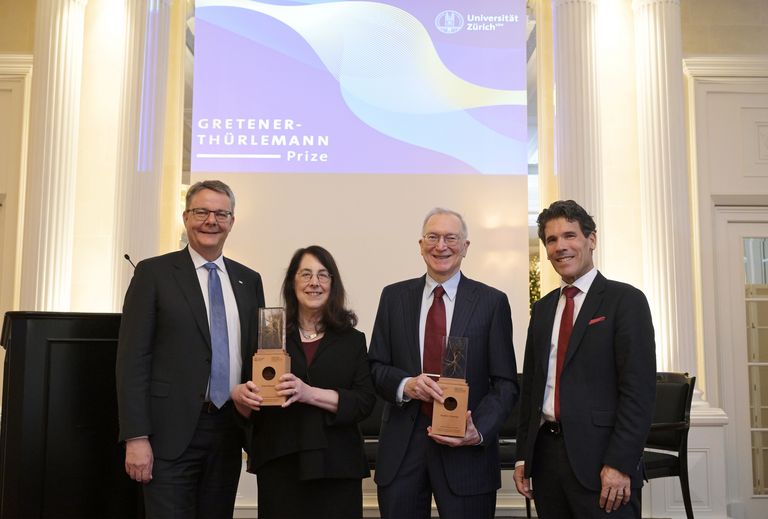Drought, storms, forest fires. The threats posed by climate change have become a reality and know no limits (or national borders). It is vital that we find the right course of action now to prevent future worst-case scenarios.
The consequences of climate change are already a sobering reality in many parts of the world, putting the livelihoods and homes of millions of people at risk. According to the Intergovernmental Panel on Climate Change (IPCC), since 2008 around 20 million people a year have had to flee land stricken by drought, tropical storms, torrential rainfall and flooding. And this is just the beginning. According to UZH geography professor Christian Huggel, the number of climate refugees in the next decades is likely to continue increasing. It’s difficult to predict just how many people will be affected. Prognoses range from 30 to 140 million people in Central and South America, sub-Saharan Africa and southern Asia who could be forced to temporarily or permanently relocate due to environmental changes. “We are going to face enormous challenges – on national and international levels,” says Christian Huggel.
Read the full article on UZH News
Standing Up to the Climate Crisis
The interdisciplinary research initiative RE-TRANS identifies which regions are particularly under threat and analyzes how to best manage mass relocations. The initiative brings together leading experts at the University of Zurich to develop measures to manage and control migration caused by the climate crisis. The UZH Foundation is committed to funding the research project and is seeking donations. Do you want to join the fight against climate change? Be a part of the solution!
More information



